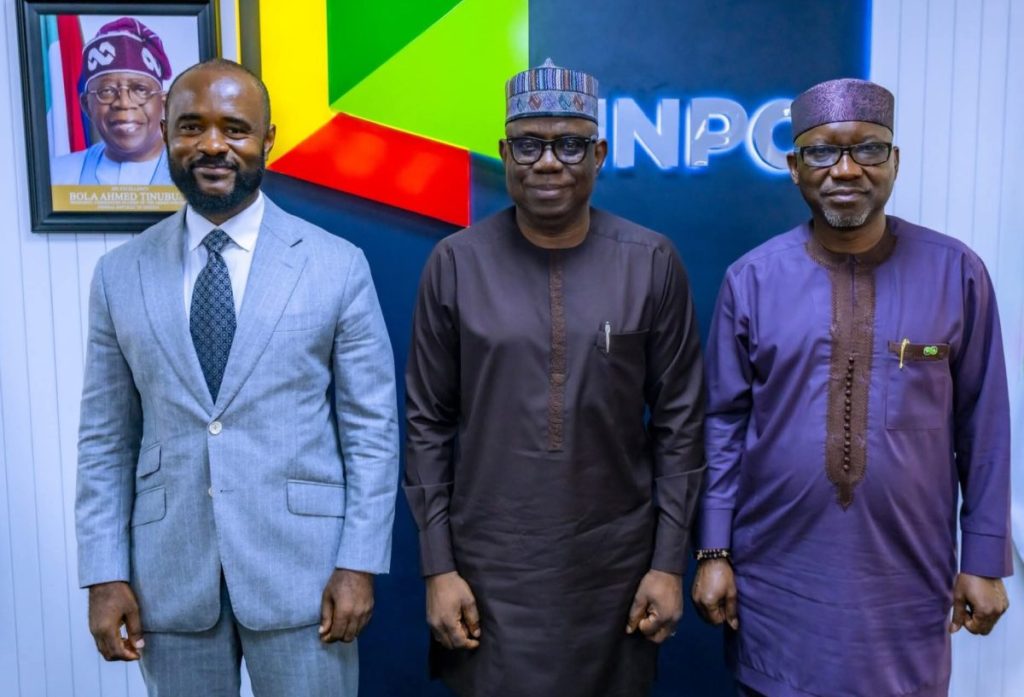
Mkpoikana Udoma
Port Harcourt — Nigeria and Equatorial Guinea have taken a decisive step toward regional energy integration with the signing of a joint communiqué to advance the implementation roadmap of the Gulf of Guinea Gas Pipeline, GOGGP, Project Treaty.
The agreement, signed in Abuja by Nigeria’s Minister of State for Petroleum Resources (Gas), Rt. Hon. Ekperikpe Ekpo, and Equatorial Guinea’s Minister of Hydrocarbons and Mining Development, H.E. Antonio Oburu Ondo, marks a key milestone in the development of what is expected to become a strategic transboundary infrastructure project for the region.
“This is more than just a treaty; it is a shared economic vision between two friendly nations. Nigeria stands ready to collaborate fully with Equatorial Guinea to make the GOGGP a reality. This project is a national obligation, not just a political agreement, and one that holds promise for generations to come,” Ekpo said at the signing ceremony.
The GOGGP Treaty, which envisions the construction of a natural gas pipeline linking Nigerian reserves to markets in Equatorial Guinea and beyond, is designed to boost regional gas monetisation, industrialisation, and energy security across West and Central Africa.
As part of the implementation strategy, both countries agreed to establish a Joint Steering Committee and a Sub-Committee on Gas Supply.
These committees, comprising representatives from Nigeria, Equatorial Guinea, and the project developer, Gas Invest Limited/Amitee Global, will drive key next steps including incorporation of the pipeline’s holding company, finalisation of the International Project Agreement, IPA, and alignment on gas supply arrangements.
Ekpo noted that transparency and adherence to due process will underpin the entire implementation phase.
“We have agreed on a clear implementation roadmap that includes the ratification and deposit of institutional documents with the United Nations, and the inauguration of inter-agency committees as provided for in the Treaty. I stressed the importance of carrying out this work with transparency, mutual respect, and in accordance with constitutional processes.”
The project is viewed as a cornerstone of the African Union’s goal of leveraging natural gas as a transition fuel while promoting intra-African energy trade. It also aligns with Nigeria’s “Decade of Gas” policy and broader strategic interest in monetising its abundant gas resources.
In his remarks, Minister Oburu Ondo described the partnership as “a symbol of African unity through energy,” and expressed confidence that the pipeline will unlock sustainable economic benefits for both countries and the wider Gulf of Guinea region.
The two nations are now expected to fast-track legal, regulatory, and commercial processes to enable early-stage development of the project.
This article was originally posted at sweetcrudereports.com
Be the first to comment